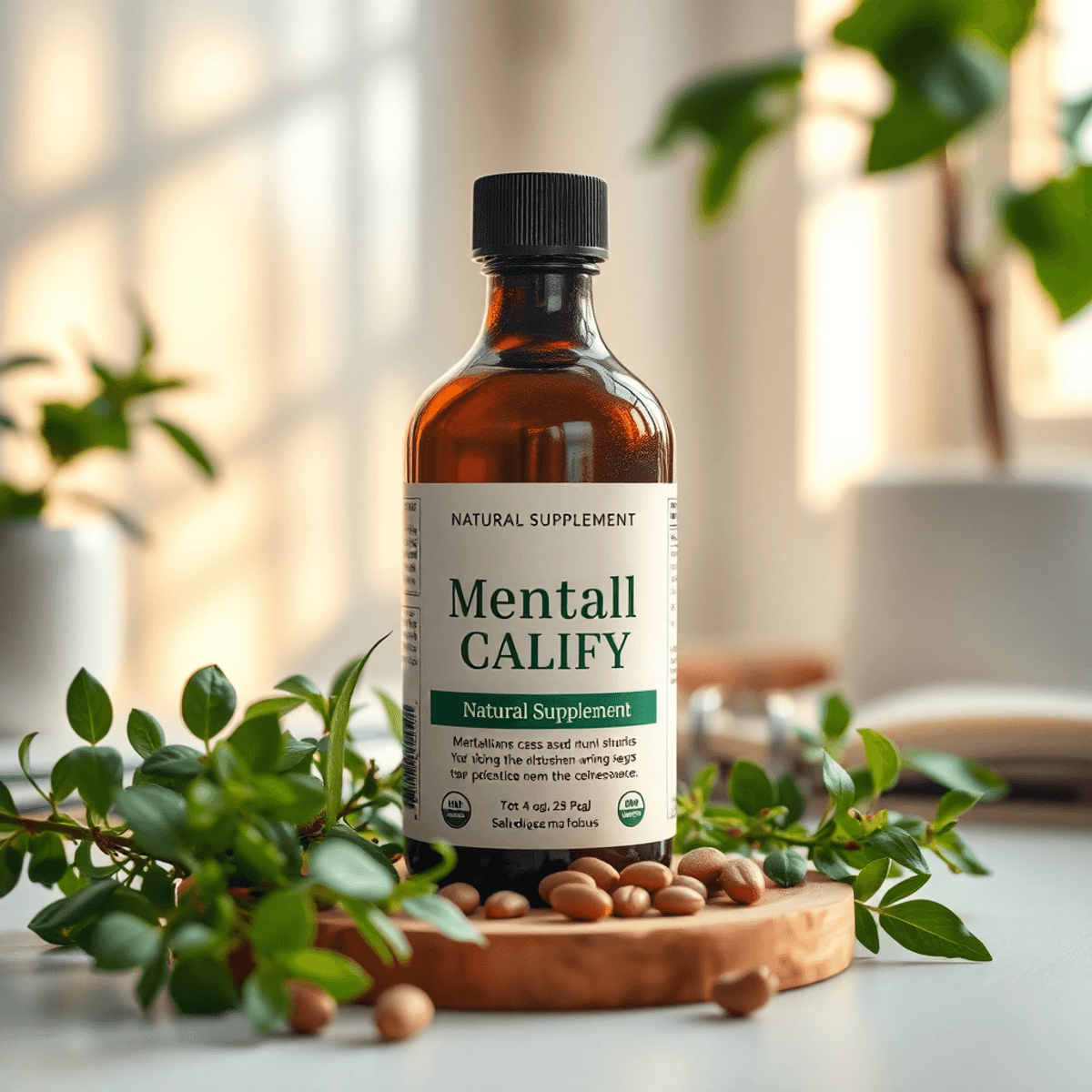You may be surprised to learn that adopting a whole-foods lifestyle could significantly impact your body’s inflammation levels. By focusing on natural, minimally processed foods, you not only enhance your nutritional intake but might also experience a reduction in inflammation-related issues. In this post, we will explore the connections between whole foods and inflammation, offering insights on how this dietary approach can not only benefit your health but also improve your overall well-being.
Understanding Inflammation
The concept of inflammation is fundamental to understanding how your body responds to injury or infection. It is a natural protective mechanism that helps your body heal and defend against harmful pathogens. However, when inflammation becomes chronic, it can lead to various health issues, impacting your overall well-being.
What is Inflammation?
Along with its vital healing properties, inflammation can become problematic when it persists for extended periods. It occurs when your immune system responds to irritants or injuries, leading to redness, swelling, heat, and pain in the affected area. If this response continues unchecked, it can contribute to chronic diseases.
Types of Inflammation
At its core, inflammation can be categorized into two main types:
- Acute Inflammation
- Chronic Inflammation
Any prolonged state of inflammation can have detrimental effects, making it necessary to understand both types.
| Type of Inflammation | Description |
|---|---|
| Acute Inflammation | Short-term response to injury or infection. |
| Chronic Inflammation | Long-term inflammation that can damage tissues. |
| Localized Inflammation | Occurs in a specific area of the body. |
| Systemic Inflammation | Involves the entire body and can affect overall health. |
| Autoimmune Inflammation | Occurs when the immune system attacks the body’s tissues. |
Also, understanding the different types of inflammation can help you manage your health more effectively. You should be aware of the signs and symptoms associated with both acute and chronic inflammation to take appropriate action. Ignoring these states may lead to serious health complications and can hinder your efforts toward a wholesome lifestyle.
| Type | Examples |
|---|---|
| Acute Inflammation | Injury recovery, infection response |
| Chronic Inflammation | Arthritis, heart disease |
| Localized Inflammation | Swollen ankle, inflamed tonsils |
| Systemic Inflammation | Fever, fatigue, pain fluctuations |
| Autoimmune Inflammation | Multiple sclerosis, lupus |
The Whole-Foods Lifestyle
You may have heard about the whole-foods lifestyle and how it revolves around consuming nutrient-dense foods that are minimally processed. This approach emphasizes fresh fruits, vegetables, whole grains, nuts, seeds, and legumes, promoting overall health and well-being. By embracing this lifestyle, you can enjoy a diverse array of flavors while nourishing your body with wholesome ingredients.
Definition of Whole Foods
Any food that is as close to its natural state as possible qualifies as a whole food. This includes fresh, unrefined foods that are free from artificial additives, preservatives, and unnecessary processing. Eating whole foods means prioritizing items that nourish your body while steering clear of those laden with chemicals and unhealthy fats.
Benefits of Whole-Foods Diet
After adopting a whole-foods diet, you may notice a myriad of health benefits, ranging from improved digestion to enhanced energy levels. This way of eating supports your immune system, encourages healthier weight management, and reduces the risk of chronic diseases. Whole foods provide important vitamins, minerals, and antioxidants that your body needs to function optimally.
Even more impressive, a whole-foods diet can significantly impact your inflammation levels. By focusing on natural ingredients, you can effectively reduce the consumption of refined sugars and unhealthy fats that often contribute to inflammation. The vitamins and minerals found in whole foods work synergistically to support your body’s anti-inflammatory processes, leading to a healthier and more balanced lifestyle.

The Link Between Diet and Inflammation
Some studies indicate that diet plays a significant role in the regulation of inflammation within your body. The foods you consume can either promote inflammation or help reduce it. By understanding this link, you can make informed choices that enhance your overall health and well-being, potentially alleviating symptoms related to inflammation.
Foods that Reduce Inflammation
Beside adopting a whole-foods lifestyle, integrating anti-inflammatory foods can significantly improve your health. Foods rich in omega-3 fatty acids, antioxidants, and fiber, such as fatty fish, leafy greens, nuts, and berries, have been shown to combat inflammation, offering you a variety of delicious options to incorporate into your meals.
Foods that Cause Inflammation
Diet plays a pivotal role in triggering inflammation within your body. Processed foods, sugary snacks, and trans fats are notorious for promoting inflammatory responses. By avoiding or limiting these items, you can help mitigate inflammation’s impact on your health and function. Focus on reducing these negative influences in your diet to support your overall well-being.
Inflammation often arises from a diet high in refined carbohydrates, sugars, and unhealthy fats. These foods can lead to oxidative stress and an imbalance in your immune system, resulting in chronic inflammation. Additionally, excessive consumption of processed meats and artificial additives can exacerbate the situation. Shifting your focus to whole, nutrient-rich foods can create a positive impact on managing inflammation and supporting your long-term health.
Nutrients with Anti-Inflammatory Properties
Now, if you’re looking to enhance your health through a whole-foods lifestyle, understanding the nutrients that have anti-inflammatory properties is necessary. These nutrients can play a significant role in reducing inflammation in your body, potentially leading to an overall improvement in your well-being. By incorporating a variety of whole foods rich in these elements, you can not only combat inflammation but also promote long-term health benefits.
Omega-3 Fatty Acids
Before exploring into the specifics, it’s important to highlight that omega-3 fatty acids are well-known for their remarkable anti-inflammatory effects. Found abundantly in fatty fish, walnuts, and flaxseeds, these necessary fats play a key role in regulating inflammatory processes in your body, promoting a healthy balance that supports your overall health.
Antioxidants and Phytochemicals
About omega-3s, antioxidants and phytochemicals are another group of key players in the fight against inflammation. These compounds, largely derived from fruits, vegetables, and whole grains, work together to neutralize harmful free radicals, protecting your cells from damage and reducing inflammation in the process.
Fatty fish, berries, citrus fruits, and green leafy vegetables are excellent sources of antioxidants and phytochemicals, providing you with a potent combination of nutrients that support your immune function and overall vitality. By integrating these antioxidant-rich foods into your diet, you can boost your body’s defense system while effectively managing inflammation, making for a healthier lifestyle overall.

Practical Tips for Adopting a Whole-Foods Lifestyle
To start your journey towards a whole-foods lifestyle, consider these helpful strategies:
- Focus on fresh, seasonal produce.
- Read labels to avoid processed ingredients.
- Prepare meals in advance to simplify cooking.
- Experiment with new recipes to keep meals exciting.
- Incorporate a variety of colors in your diet for balanced nutrition.
After implementing these tips, you’ll be on your way to enjoying the benefits of a whole-foods diet.
Meal Planning and Preparation
After deciding to embrace whole foods, meal planning becomes vital for success. Start by setting aside a day each week to outline your meals, ensuring a balance between fruits, vegetables, whole grains, and proteins. Creating a shopping list based on your meal plan will minimize impulse buys and help you stay organized. Additionally, preparing batches of ingredients or whole meals in advance can save time during busy weekdays, allowing you to stay on track with your dietary goals.
Shopping Strategies
An effective shopping strategy can greatly enhance your whole-foods experience. Begin by planning your visits to local farmers’ markets or grocery stores that prioritize organic and minimally processed options. Shopping the perimeter of the store often leads you to fresh produce, dairy, and proteins, while avoiding the aisles filled with packaged foods. Keep a list of seasonal fruits and vegetables that are ripe to help guide your purchases.
Preparation is key when it comes to maximizing your shopping efficiency. Take some time to research local sources for organic produce and bulk grains to ensure quality and sustainability. If possible, consider joining a community-supported agriculture (CSA) program for fresh, seasonal ingredients delivered right to your door. Searching for sales and discounts on your regular items can also reduce expenses while allowing you to maintain your commitment to whole foods. By establishing a proactive shopping routine, you will find it easier to stick to your whole-foods lifestyle.
Case Studies and Research Findings
Your journey towards understanding the impact of a whole-foods lifestyle on inflammation can be supported by a variety of case studies and research findings, showcasing impressive results:
- Study 1: Participants who followed a plant-based diet showed a 30% reduction in C-reactive protein (CRP) levels after 12 weeks.
- Study 2: A Mediterranean diet reduced inflammation markers in 75% of participants studied over 6 months.
- Study 3: Individuals consuming a whole-food, plant-based diet reported a 50% improvement in symptoms associated with chronic inflammatory conditions after 8 weeks.
- Study 4: Research indicated that regular consumption of omega-3-rich foods led to a 20% decrease in inflammatory markers in a cohort of 100 individuals.
Evidence Supporting Diet and Inflammation
After examining numerous studies, you will find convincing evidence that dietary choices significantly impact inflammation levels. Various meta-analyses have confirmed that diets emphasizing whole foods, rich in fruits, vegetables, and healthy fats, are associated with lower inflammatory markers. Focusing on these nutritious foods may empower you to manage inflammation effectively.
Real-Life Success Stories
Stories have emerged from individuals who achieved remarkable transformations by adopting a whole-foods lifestyle. Personal accounts illustrate the profound changes in health and well-being that stem from improved dietary choices.
Consequently, many individuals report significant reductions in inflammation-related symptoms, such as joint pain and fatigue, after embracing whole-foods diets. Some have even shared that they no longer rely on medications for conditions previously labeled chronic. These testimonials serve as both motivation and validation of the benefits of integrating whole foods into your daily life, showing you that positive change is achievable through mindful eating practices.
Final Words
Now, embracing a whole-foods lifestyle can significantly contribute to the alleviation of inflammation in your body. By prioritizing nutrient-dense, minimally processed foods, you provide your system with the important vitamins, minerals, and antioxidants it needs to combat inflammatory responses. This dietary shift not only supports overall health but also enhances your quality of life. Your choices in food can empower you to maintain a balanced and vibrant lifestyle, potentially reducing chronic inflammation and its associated risks.
Q: What is a whole-foods lifestyle and how does it relate to inflammation?
A: A whole-foods lifestyle emphasizes the consumption of unprocessed and minimally processed foods. This includes fruits, vegetables, whole grains, nuts, seeds, and lean proteins. These foods are rich in antioxidants, vitamins, and minerals that can help support the body’s natural inflammatory response. In contrast, processed foods often contain additives and preservatives that may contribute to inflammation. By adhering to a whole-foods lifestyle, individuals may potentially reduce markers of inflammation in the body.
Q: Which specific whole foods are known to help alleviate inflammation?
A: Several whole foods are particularly recognized for their anti-inflammatory properties. These include fatty fish rich in omega-3 fatty acids, such as salmon and mackerel; fruits like berries and oranges; leafy greens such as spinach and kale; nuts and seeds like walnuts and flaxseeds; and whole grains like oatmeal and quinoa. Incorporating these foods into one’s diet can potentially lead to a reduction in inflammation levels and promote overall health.
Q: Can shifting to a whole-foods diet provide immediate relief from inflammation?
A: While transitioning to a whole-foods diet can lead to many health benefits, it’s important to note that relief from inflammation may not be immediate. The body’s response to dietary changes can vary from person to person. Some individuals may notice improvements in their inflammation levels within a few weeks, while for others, it may take longer. Consistently consuming a diet rich in whole foods alongside a healthy lifestyle can contribute to long-term reduction in inflammation and better health outcomes over time.
Boost Your Energy with NATURELO Raw Greens Superfood Powder
Experience the power of nature with NATURELO Raw Greens Superfood Powder. This Mixed Berry-flavored powder helps boost energy, detox, and enhance your overall health!
Made with organic spirulina, wheat grass, and a blend of whole food nutrition from fruits & vegetables, it provides essential nutrients and antioxidants for your body. Perfect for a healthy lifestyle!
480 Grams of pure goodness to help you feel your best every day.
Discover more from NatureZen Market
Subscribe to get the latest posts sent to your email.











